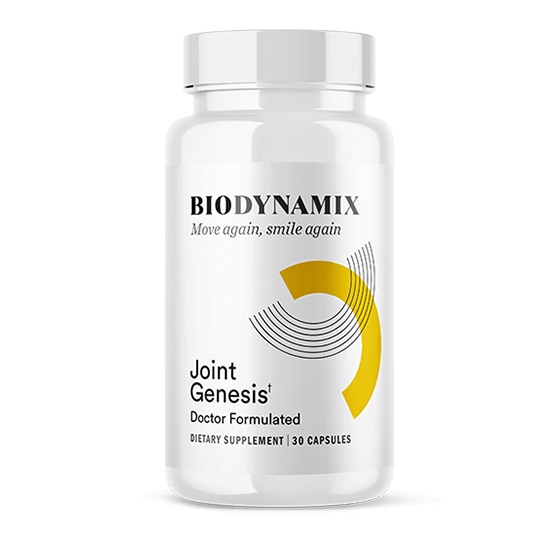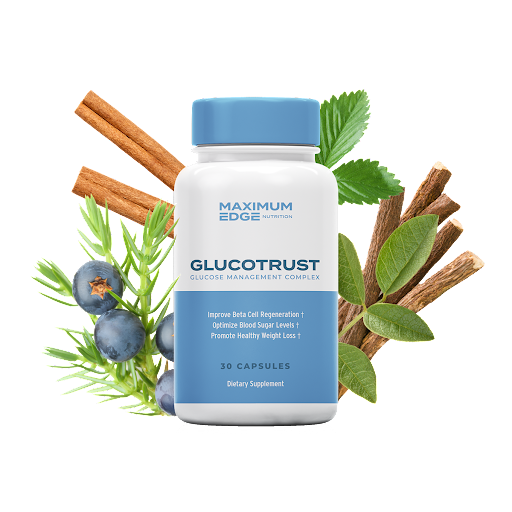"Check out this crazy potential health risk of...
...Under-Cooked Beans: The Risks That
Nobody Warned You About."
The hidden properties of this unassuming legume.
Kidney Beans

Ok, so let's talk about the minor side affects first.
Uncooked beans contain anti-nutrients, such as phytic acid and lectins, which can disrupt nutrient absorption and cause digestive distress. These compounds act as natural defense mechanisms for the beans, protecting them from predators.
But, when consumed raw, they can interfere with our body's ability to absorb essential minerals like iron, calcium, and zinc, potentially leading to nutrient deficiencies.
However the health risks don't end there.
Because, unbeknownst to many, uncooked kidney beans contain a toxic compound called phytohaemagglutinin. Let's see what this does...
Health Issues:
This toxic compound can cause severe gastrointestinal distress, leading to symptoms such as nausea, vomiting, and diarrhea. In some cases, consuming uncooked red kidney beans can even result in food poisoning, which can be life-threatening if not properly addressed.
But, there's something much more dangerous than food poisoning that could happen. Because phytohaemagglutinin causes red blood cells and white blood cells to bind and clump together. Of which result in diahrea and abdominal pain, vomiting and potential death!
In fact, they're so lethal that 5 raw kidney beans can kill someone in 5 minutes by coagulating (clotting) their blood!
That's definitely a potential health risk you want to avoid! Imagine biting into a handful of uncooked beans – not only would the taste be unappetizing, it could also lead to being your last meal... if you know what I mean.
Which beans contain phytohaemagglutinin?
As it turns out, the toxin Phytohaemagglutinin occurs naturally in several kinds of raw beans, including broad beans, white kidney beans, and red kidney beans. Raw beans, particularly the red kidney beans, are known to contain this toxin.
The good news is that these potential health hazards can be easily avoided by cooking beans thoroughly.
Tips For Safe Bean Consumption
To ensure the safety and maximize the nutritional benefits of beans, follow these simple guidelines:
1 - Soak: Prior to cooking, soak beans overnight or for at least 8 hours.
2 - Boil: Cook beans at a high temperature to ensure they are thoroughly heated, destroying any potential toxins. Boiling (not slow cooked) for at least 30 minutes is recommended to eliminate any risks associated with uncooked beans.
Caution: If you slow cook and don't cook beans long enough you could potentially increase the toxicity by a factor of 5 times more toxicity!
3 - Canned Beans: Opt for canned beans if you're short on time. Canned beans are pre-cooked, eliminating the need for soaking and reducing cooking time. However, apparently in the US manufacturers are no longer required to pressure cook beans.

While beans are undoubtedly a nutritious addition to any diet, consuming uncooked beans can have detrimental effects on our health. The anti-nutrients, digestive discomfort, and potential toxicity associated with uncooked beans should not be taken lightly.
By understanding the risks and adopting proper cooking methods, we can enjoy the numerous benefits that cooked beans offer – while keeping our health intact!

Please share this website or article with all of your friends and family! They will thank you for helping them to think differently about improving their health.
Disclaimer: This site offers health, wellness, fitness and nutritional information and is designed for educational purposes only and is not intended to replace the advice of your doctor. As with any nutritional information, be sure to check with your health care provider before beginning any new program.




